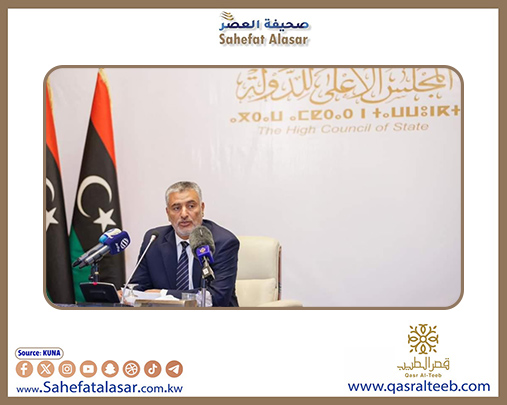


The Libyan High Council of State announced on Tuesday the formation of a committee to study the plan for the road map to resolve the Libyan crisis, which was presented by the UN Envoy to Libya, Hanna Tetteh, to the UN Security Council last week.
The Council stated in a statement that this occurred during an official session chaired by the Council's President, Mohamed Takala, during which it was decided to "form a committee from its members to study the road map plan and submit its report to the Council to make the appropriate decision in the next session."
Last Thursday, Tetteh presented this plan to the Security Council during a session to resolve the current crisis in Libya by holding presidential and parliamentary elections within a maximum timeframe of 18 months.
In her briefing before the Security Council, she expressed her conviction that the political process must focus on ensuring general elections and the unification of institutions. She explained that the plan is "built on three main pillars: the first is the implementation of an electoral framework that is technically sound and politically acceptable, aiming to hold presidential and legislative elections. The second pillar is the unification of institutions through a new unified government."
She referred to the third pillar, stating, "An organized dialogue that allows for broad participation by Libyans to address the critical issues that must be dealt with to create a conducive environment for elections, form a shared vision, and address the long-term drivers of the conflict."